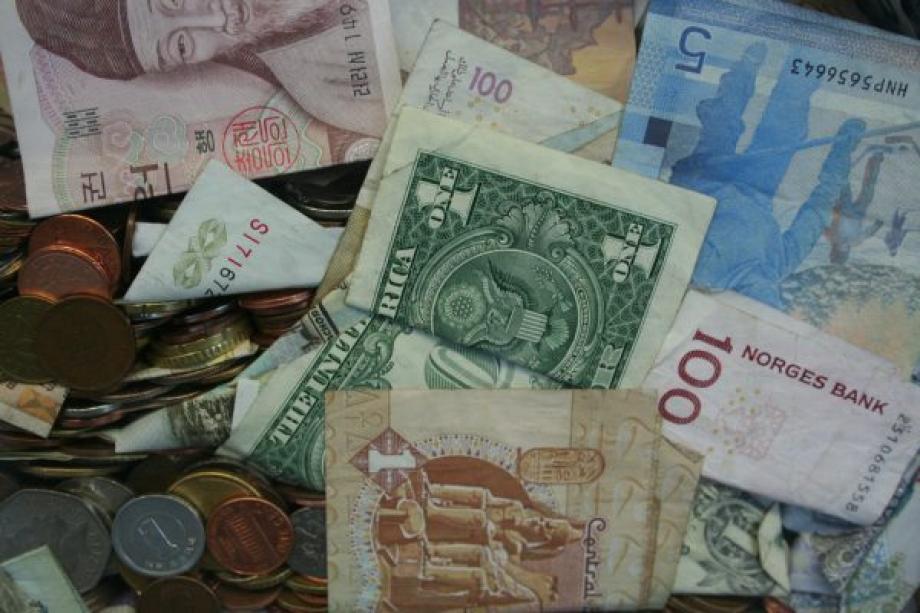I was listening the other day to a podcast delivered by the London School of Economics about money. It was a refreshing view on the nature of money and how does it impact our activities.
Everything in this world seems to revolve around money and I think it is quite worthwhile to remember what money actually is.
Money started with debts. It was created to assign and measure values to commodities and brought into circulation as a means of exchange.
Earlier on, it says, it was a receipt for fulfilling religious obligations.
To the very basic, money is a means of exchange, institutionalised by a government.
There are three sorts of money:
- Fiat money: defined money by a government, either commodity money (representing the value from the material the money is made of) and representative money (everything which represents a value other than the materials which it is made of)
- Central bank money: the coins and banknotes issued and brought into circulation.
- Ordinary money: the sum of currency and records of transactions which is a proof of someone’s liability worthy of a credit.
Money itself has no intrinsic value in itself but it depends on the trust that we can pay our obligations with it and thus reduce our debts (loan, rent, everyday life stuff). When people are losing trust in that (representative) money, then they want to have it covered with something which can’t be produced that easily, something valuable, e.g. gold, silver.
Recognising the long-term effects of the E.C.B. Extends Bond-Buying Program, people are searching for possibilities to invest in real values, such as gold and immovable properties.
In consequence, you can’t use money to store value. You can only us it to exchange with other people to either reduce your debts or acquire values.
Putting value to money makes us de-valuating other goods we can’t really buy.
There are three sorts of goods in life we give a value to:
- Indivisible objects: if it is mine, it’s not yours.
- Goods we can only have through participation. Think of being together with other people and get inspired by them through discussing different topics. You become enriched by them and might be able to create something out of this collective activity.
- Goods we got offered, we can’t really quantify or possess, but which we can spend however we want it: time, love, passions, attention
The way money is used (paying rent, food, etc.) makes us focusing on it and requiring it before we are paying attention to these priceless goods, which are impossible to measure in money.
One remark at the end of this podcast made me think:
In nature, things break down and something new will develop from the “rubble”. The money system created by humans is made to accumulate and constant growth.
This is a very interesting contradiction.

